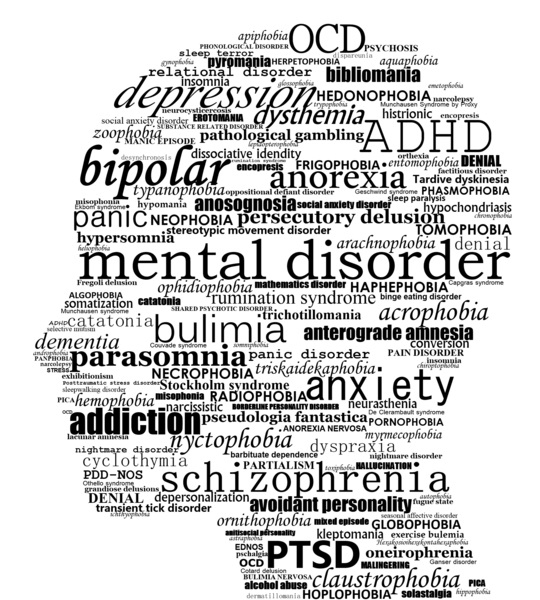Mental Health First Aid available for students, staff
Training covers topics like anxiety, traumatic events, non-suicidal self-injury, substance use disorders

The training program is free for WSU students and costs $40 for staff. The next open session is in January.
November 8, 2019
WSU Cougar Health Services offers a mental health training program that is free for students.
Mental Health First Aid is a training program like first aid and CPR training said Nikita Alimohammad, WSU Health Promotion Specialist and primary facilitator for the Mental Health First Aid training.
She said the training is aimed to make participants comfortable and confident enough to help an individual who is showing signs and symptoms of being mentally unwell.
The training provides people with the skills needed to step in and reach out until that individual can see a mental health professional or until the crisis resolves itself, she said.
She said all training for the fall semester is done by herself and other health promotion facilitators on campus. She said there is also a group of coordinators and student staff who assist with logistical items.
Alimohammad said all students, staff and faculty have access to training. The training costs $40 for staff and faculty members but is free for all students. The next training session from Nov. 19-21 is specifically for staff within the athletics department.
There is a session on Saturday but it is currently full, according to the Cougar Health Services website.
She said the next general session will take place from 12:30-5 p.m. on Jan. 22-23. The session can hold up to thirty participants and all are welcome to register on the website.
The training is eight hours long and can take place over one or two days depending on what is most convenient, she said. During the training, participants learn about several topics related to mental health including non-suicidal self-injury, substance use disorders, anxiety and traumatic events.
She said facilitators provide the participants with an action plan which they can use to apply to these many different topics.
Health Promotion Specialist Tara Johnson said participants who are present and engaged for all eight hours of the training program receive a certification in Mental Health First Aid. She said the certification is valid for three years from the training date. She said after three years if the participant wants to stay certified they must retake the course to renew their certificate.
Johnson said the certification acknowledges that participants attended the course and have been trained in initial response to situations where someone is experiencing a mental health problem.
Alimohammad said there are four main benefits to taking the training course. The training helps participants identify mental illness, understand they are not alone, feel empowered to help others and understand the different routes to recovery.
“Overall it helps people understand the importance of reducing the negative stigma that is so strongly attached to mental health,” she said.
The curriculum for the program comes straight from the National Council of Behavioral Health and all content stays the same, she said. The facilitators do add relevant statistics related to the WSU campus. She said it is important for both students and staff to receive all the same information during training so that they all understand the bigger picture within the campus.
Johnson said facilitators have often heard from participants that they have not known how to handle situations where they have noticed something was wrong with someone close to them.
She said much of the training is focused on skill-building and having participants practice asking important questions while also learning to be a nonjudgmental listener.
Johnson said as someone who has personally struggled with their own mental health and knows many other people who struggle, she is excited to be a part of educating participants on mental health.
Alimohammad said the program’s goals are to further reduce mental health stigma and increase help-seeking behaviors within the WSU community. The training can be long but seeing students and staff receive their training certificates at the end of the sessions is extremely rewarding, she said.
“When they walk out the door, I know in my heart that I made an impact not only within the minds of my participants, but also with the friends and family members they decide to help with their new training,” she said.















Harold A Maio • Nov 8, 2019 at 2:57 am
—-“Overall it helps people understand the importance of reducing the negative stigma that is so strongly attached to mental health,” she said.
Yes, we are continuously taught to attach a stigma to mental illnesses. Escaping the lesson is almost impossible. But not impossible: No one is required to participate in that prejudice. No one is required to support people who do. And no one is required to remain silent in the face of it being taught.